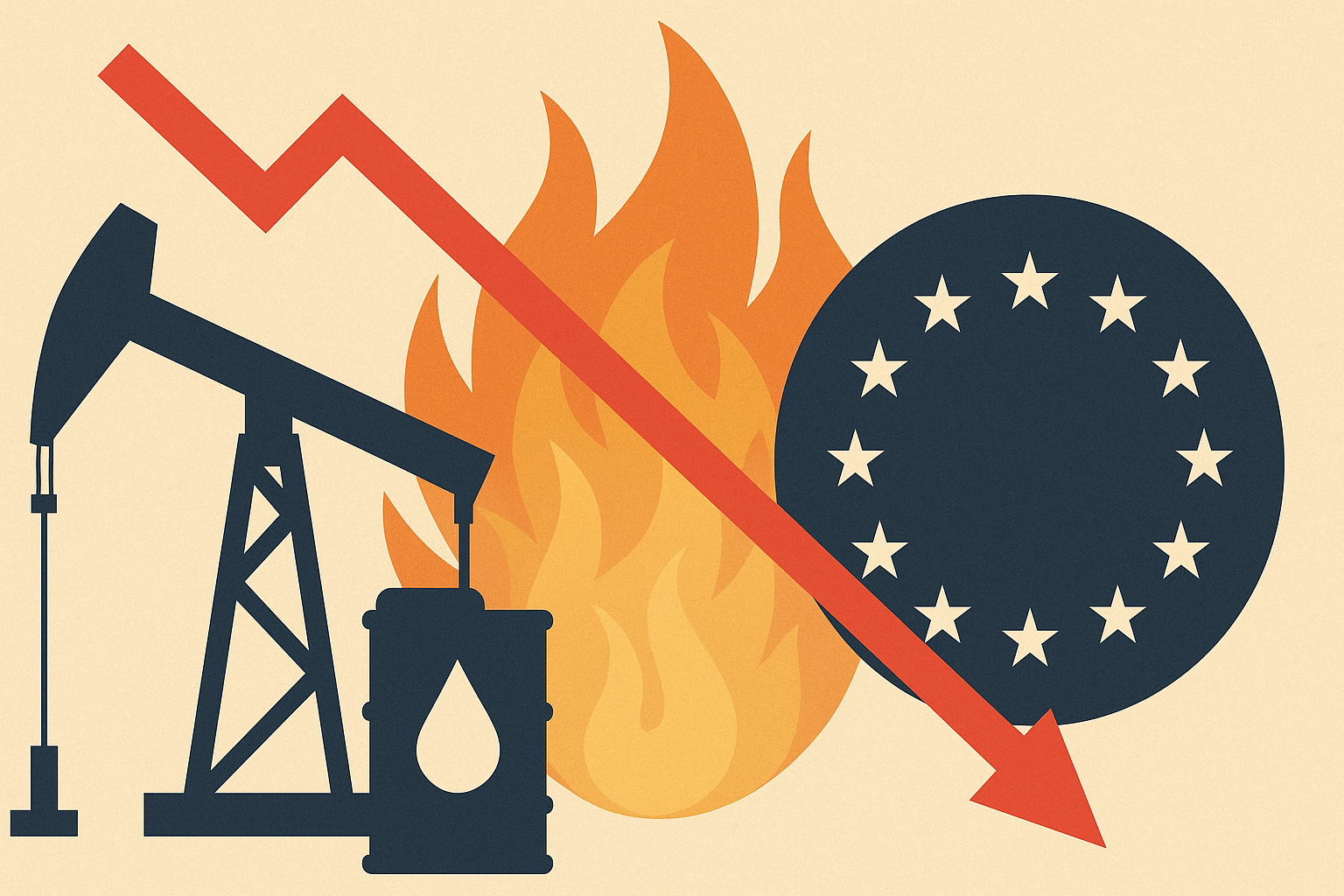The United States and Qatar have issued a joint warning to the European Union, cautioning that its proposed climate and human rights legislation could harm trade, investment, and energy security across the bloc.
In a letter seen by the Financial Times, the two countries said the EU’s Corporate Sustainability Due Diligence Directive (CSDDD) poses an “existential threat” to Europe’s competitiveness and could disrupt crucial supplies of liquefied natural gas (LNG). The directive, currently under review by EU legislators, would require companies to ensure their supply chains do not contribute to environmental damage or human rights abuses, with penalties of up to 5% of global turnover for violations.
Energy and Trade Tensions
The US and Qatar — two of the EU’s largest LNG suppliers — warned that the new rules could jeopardize Europe’s energy stability at a critical time. “This comes at a critical moment when our countries and companies are striving not only to sustain but to significantly increase the reliable supply of LNG to the EU,” the letter stated.
The ministers also cautioned that the law could undermine the $750 billion US-EU energy deal signed in July between the bloc and President Donald Trump’s administration, under which EU member states committed to purchasing large volumes of US energy through 2028.
“Beyond the direct energy security risks, the CSDDD also threatens to disrupt trade and investments across nearly all the EU’s partner economies,” the letter said, urging Brussels to reconsider the directive’s scope and potential impact.
EU’s Push for Stricter Oversight
The European Commission confirmed it had received the letter, noting that it had already been working to simplify parts of the directive before the intervention. The proposal, due to be phased in from 2027, applies not only to EU-based firms but also to non-EU companies generating more than €450 million in annual revenue within the bloc.
However, the European Parliament narrowly rejected a simplification proposal on Wednesday, preserving several of the directive’s tougher provisions — a decision hailed by environmental advocates but criticized by business groups and foreign governments.
Political Backlash and Lobbying
The proposed law has triggered a wave of lobbying and political pressure from industry and international partners. The US has argued that the directive’s extraterritorial reach could expose American companies to lawsuits in Europe. President Trump has repeatedly condemned what he calls “non-tariff trade barriers” and has threatened to impose retaliatory tariffs on countries adopting such measures.
US Energy Secretary Chris Wright recently warned that the EU’s climate policies could rupture transatlantic trade ties. Meanwhile, Qatar’s Energy Minister Saad al-Kaabi said his state-owned firm, QatarEnergy, may be unable to conduct business in Europe unless the bloc relaxes its sustainability rules.
Some European leaders, including German Chancellor Friedrich Merz and French President Emmanuel Macron, have also expressed skepticism about the directive, calling for it to be delayed or reconsidered amid fears it could harm competitiveness and energy supplies.
Global Impact
The EU currently imports about 16% of its gas from the US and 4% from Qatar, while efforts are underway to eliminate the remaining 19% of imports from Russia by 2027. The bloc’s shift away from Russian gas has made it heavily reliant on LNG imports from the US and Gulf states.
The letter from Wright and al-Kaabi urged EU leaders to “take immediate, decisive action” and reopen dialogue with global partners to address concerns about the directive’s penalties, liability clauses, and emission-reduction requirements.
The Broader Divide
The standoff underscores a growing divide between the EU’s environmental ambitions and the economic and political realities of its energy partnerships. As Brussels pushes forward with its Green Deal and stricter corporate accountability laws, major suppliers like the US and Qatar warn that such measures risk destabilizing the very trade networks that keep Europe’s lights on.
The European Commission maintains that it is committed to balancing sustainability with global cooperation, but with mounting opposition from both allies and industry, the fate of the CSDDD — and Europe’s broader climate agenda — now hangs in the balance.








